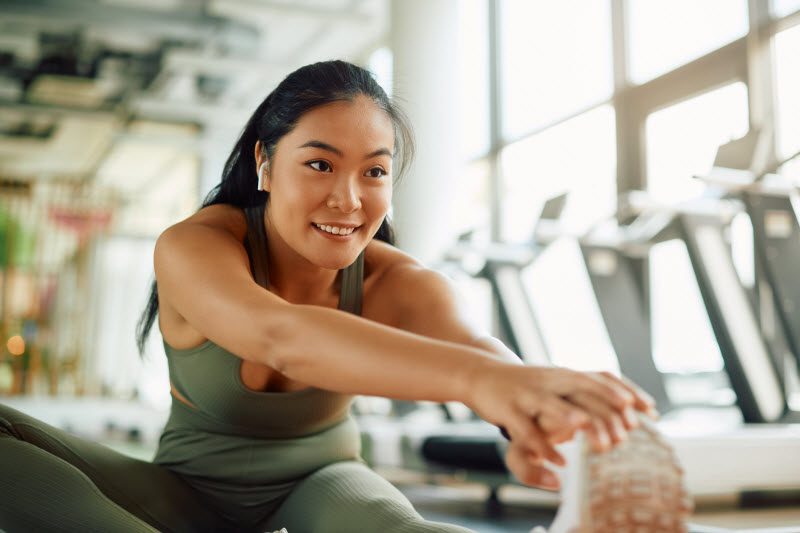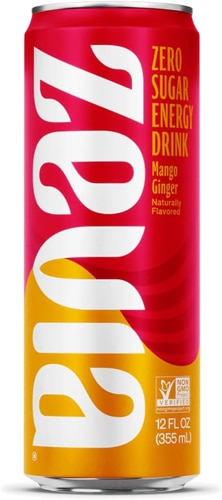[vc_row][vc_column][vc_column_text]Muscle memory is a concept many people have heard of, but only some likely understand. That’s because it’s been poorly defined and misused over the years. But more recently, scientists have delved into the potential of muscle memory and how it can help you perform your best.

What is muscle memory?
Defining memory in terms of physical abilities can be tricky, but typically, people think of things such as riding a bike or catching a ball—actions that happen effortlessly and seemingly automatically due to developing particular motor skills.
When considering biological memory, the immune system and its recognition of particular invaders it has “seen” before initiates the production of antibodies, all because the body “remembers” previous encounters.
Muscle memory, as defined by scientists today, functions similarly to how the immune system works; it takes place at the cellular and molecular level within muscle tissue, although the kind of muscle memory that helps you ride a bike also plays a role.
So, your muscles adapt to different stimuli, that is, experiences your muscle cells encounter, and then can react positively or negatively to these stimuli when they happen again. This means even if you take a break from your training or begin to learn a new physical skill but get sidetracked, all is not lost—your body remembers and can adapt more quickly when you pick it back up again in the future.
How muscle memory can help keep you fit
Muscle memory can
improve your workouts by allowing you to keep skills and regain progress that you developed previously. Your muscles can adapt and respond even after many months of detraining due to injury, illness, or simply a busy lifestyle that gets in the way of being consistent, something that happens to most people at one point or another.
In fact, your muscle fibers can regrow relatively quickly if they’ve been forced to grow before. This means if you’ve been active but have taken a break, you’re not starting back at square one. You’ve successfully created a foundation on which
your muscle cells can build, and you’ll be making new gains much faster than you might expect.
The other type of muscle memory, the riding the bike kind, is also helpful. When you learn new skills, your nervous system, including your brain, adapts and becomes more primed to repeat the same actions with less effort. Even after a few sessions of practicing catching a baseball with a glove, you’ll feel like the glove is an extension of your hand. Your brain and body work as one to improve your performance and build on existing skills over time.
As you practice, connections between neurons become more robust, allowing easy, almost automatic motions to occur, such as swinging a bat, catching a fly ball, or riding a bike. All the skills you learn, and practice can be used again when you need them, which makes staying physically active in any way an
incredibly powerful tool for remaining independent, strong, and coordinated as you age.
Muscle memory can improve brain health and functioning
As you age, you have fewer opportunities to learn new skills than in childhood. But neurologists say that
learning new motor skills is vital for keeping your brain and body functioning optimally. Creating new and stronger neural pathways keeps your brain fresh and sharp, helping
ward off cognitive decline, dementia and poor mental functioning.
And applying this to learning new physical skills also boosts crucial competencies such as balance, coordination and reaction time, all of which help you stay capable of looking after yourself and avoiding devastating injuries that can lead to a loss of functioning or worse.
The good news is that science has long confirmed you can teach old dogs new tricks, and the journey of
learning new motor skills is always available, regardless of age. And when you try new things more often, it makes learning even more new things much easier. Pursuing fun, exciting new activities no matter your age is crucial for a satisfying and long life.
Trying new things to build muscle memory
There are many ways to build muscle memory, from simple
resistance training to joining a pickleball team. Whatever you choose, focus on activities that bring you joy and motivate you. Challenge yourself and watch for even
minor improvements; each time you learn something new, you build memories—in your muscles and neurons, to enjoy for the rest of your life.
Read more about building new skills:
[/vc_column_text][/vc_column][/vc_row][vc_row][vc_column][vc_text_separator title="Featured Products" border_width="2"][vc_row_inner equal_height="yes" content_placement="middle" gap="35"][vc_column_inner width="1/3"][vc_single_image image="168235" img_size="full" alignment="center" onclick="custom_link" img_link_target="_blank" css=".vc_custom_1691538196498{padding-right: 7% !important;padding-left: 7% !important;}" link="https://www.vitacost.com/nordic-naturals-vitamin-d3-gummies-sport"][/vc_column_inner][vc_column_inner width="1/3"][vc_single_image image="168234" img_size="full" alignment="center" onclick="custom_link" img_link_target="_blank" css=".vc_custom_1691538222937{padding-right: 7% !important;padding-left: 7% !important;}" link="https://www.vitacost.com/ultima-health-products-ultima-replenisher-electrolyte-powder-lemonade-90-servings"][/vc_column_inner][vc_column_inner width="1/3"][vc_single_image image="168236" img_size="full" alignment="center" onclick="custom_link" img_link_target="_blank" css=".vc_custom_1691538330722{padding-right: 7% !important;padding-left: 7% !important;}" link="https://www.vitacost.com/nutricost-protein-for-women"][/vc_column_inner][/vc_row_inner][/vc_column][/vc_row]




